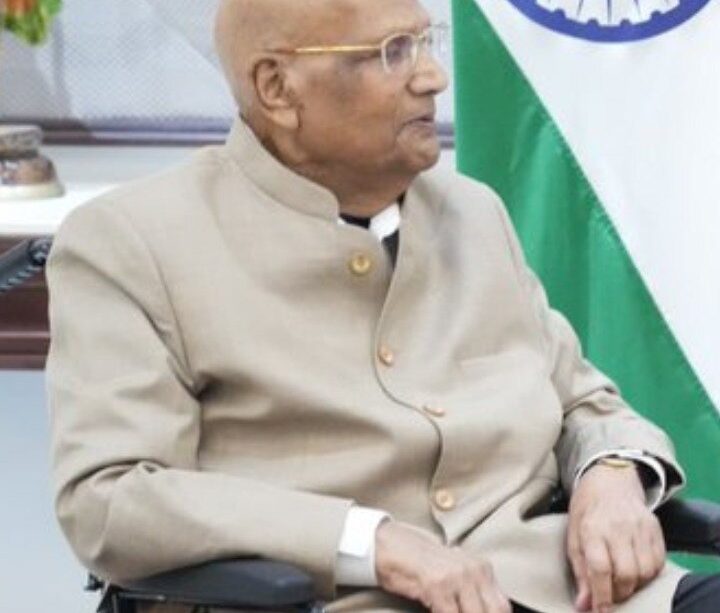Swaraj Paul: A Journey of Leadership and Philanthropy

Introduction
Swaraj Paul is a prominent business figure and philanthropist known for his remarkable contributions to industry and society. Born in 1931 in a small village in Punjab, India, he moved to Britain in the 1950s, where he established a successful career in business. His journey reflects the spirit of entrepreneurship and the importance of giving back to the community, making him a significant figure in contemporary discussions about leadership and corporate social responsibility.
A Visionary in Business
In the late 1960s, Swaraj Paul founded the Caparo Group, which soon expanded into a multi-national company involved in various sectors ranging from steel and automotive to real estate and more. Under his leadership, Caparo Group flourished, becoming a respected name in the industry. Swaraj Paul’s innovative approach and commitment to quality allowed the company to grow despite various challenges, including the economic downturns during the 1970s and 1980s.
Philanthropy and Community Engagement
Beyond his business ventures, Swaraj Paul is renowned for his philanthropic efforts. He has contributed significantly to education, healthcare, and community development both in the UK and India. The Swaraj Paul Foundation, established in 1990, focuses on enhancing educational opportunities for youth, promoting health initiatives, and encouraging cultural exchanges. His commitment to philanthropy exemplifies the idea of ‘give back to the society’ and inspires many to follow suit.
Recent Developments and Influence
Recently, Swaraj Paul has continued to emphasize sustainability and ethical business practices in his ventures. As global discussions around climate change and corporate responsibility intensify, Paul’s leadership serves as a beacon for how businesses can positively impact society while achieving profitability. His insights are frequently sought after in business forums and he is often invited to share his expertise at conferences worldwide.
Conclusion
Swaraj Paul’s journey from a small village in India to a notable business leader in the UK underscores the possibilities of hard work and perseverance. His contributions to industry and charity not only reflect his personal philosophy but also offer valuable lessons for emerging entrepreneurs and leaders. As he continues to advocate for a blend of business success and social responsibility, Swaraj Paul remains a crucial figure in shaping the future of entrepreneurial practices. His legacy will likely inspire future generations to lead with purpose and ethics.







